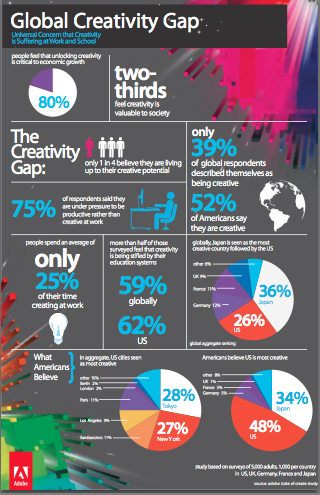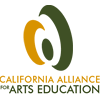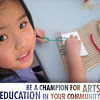
By Jon Perera, Vice President, Adobe Education
Adobe has always believed that creativity fosters success, empowers us, and differentiates us, whether in everyday life, the workplace or school. It also seemed, however, that as a society, we often take creativity for granted. To gain a better understanding of the cultural and economic impact of creativity, Adobe commissioned a survey earlier this year. The study delved into perspectives on creativity among 5000 adults – 1000 each in countries that represent five of the world’s largest economies - the United States, United Kingdom, Germany, France and Japan.
The
State of Create benchmark study examined global attitudes, behaviors and perceptions on the topic. The results were striking. The study revealed a global creativity gap -- the universal concern that creativity is suffering at work and school. Around the globe, 8 in 10 people feel that unlocking creativity is critical to economic growth. Nearly two-thirds feel creativity is valuable to society. Yet a striking minority – only 1 in 4 people – believes they are living up to their own creative potential. Additionally, many believe creativity is taken for granted (52% globally, 70% in the United States) and more than half of those surveyed feel that creativity is being stifled by their education systems.
The study also showed a workplace creativity gap, where 75 percent of respondents said they are under growing pressure to be productive rather than creative, despite the fact that they are increasingly expected to think creatively on the job. Time and money are seen as the biggest challenges; we had numerous comments from people saying that they need an environment where they can think creatively in addition to more time, training, and creative tools. Technology was clearly recognized for its ability to both inspire and tangibly help individuals overcome their creative limitations.
While creativity and critical thinking have been identified as essential 21st century skills, people often view these skills as diametrically opposed. Why? Is it because we associate creativity with arts or music while critical thinking is often linked to science and math? I think that’s pretty limiting especially since finding new and original ways to solve a particular problem requires both. Creative process involves critical thinking as well as imaginative insights and fresh ideas.
If the survey tells us anything, it’s that we must start thinking about creativity as 1) critical to our individual success, 2) critical to a nation’s economic success, and 3) an imperative for innovation and change. The world is changing rapidly and we need to promote creative thinking to succeed.
Read the study here.
Adobe Education just launched a similar study to better understand creativity in education. For more information visit Creativity in Education: Why it Matters and Creativity Should be Taught like Math or Science, a blog by Jon Perera, Vice President, Adobe Education.











